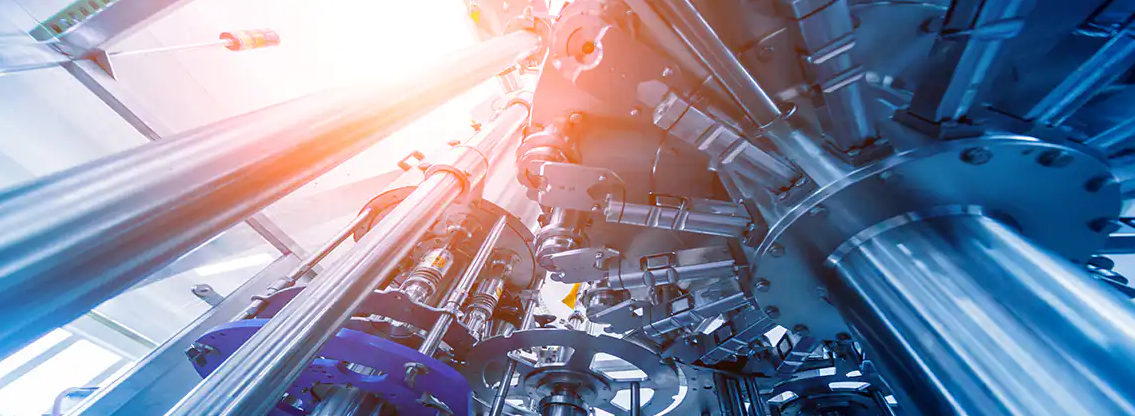When it comes to cooking, the choice of cookware can significantly impact the outcome of your dishes. Two popular options in the kitchen are cast aluminum and cast iron cookware. While both materials have their own set of advantages and disadvantages, let’s delve deeper to determine which one is better suited for your culinary needs.
First, let’s discuss cast aluminum cookware. This type of cookware is known for its excellent heat conductivity. It heats up quickly and evenly, allowing for efficient cooking. This is particularly advantageous for dishes that require a precise and even distribution of heat, such as stir-fries or delicate sauces. Cast aluminum also has a lighter weight compared to cast iron, making it easier to handle and maneuver while cooking.
Additionally, cast aluminum cookware is resistant to rust and corrosion. Unlike cast iron, it does not require seasoning to maintain its non-stick properties. This makes it a convenient choice for those who prefer low-maintenance cookware. Furthermore, cast aluminum is an excellent heat retainer, which means it will keep your food warm for a longer period. This feature is particularly useful when serving meals at gatherings or events.
On the other hand, cast iron cookware has been a staple in kitchens for centuries. It is known for its durability and ability to retain heat. Cast iron cookware heats up slowly but holds heat exceptionally well, which makes it ideal for dishes that require long, slow cooking, such as stews or braises. The heat retention properties of cast iron also make it suitable for serving dishes that need to stay hot at the table.


Another advantage of cast iron is its versatility. It can be used on various heat sources, including stovetops, ovens, and even campfires. This makes it an excellent choice for outdoor cooking enthusiasts. Cast iron cookware is also known for its ability to develop a natural non-stick surface over time. Regular seasoning and proper care help create a smooth cooking surface, ensuring that food does not stick to the pan.
However, there are a few drawbacks to consider when using cast iron cookware. One significant disadvantage is its weight. Cast iron is considerably heavier than cast aluminum, which can make it challenging to handle, especially for individuals with limited strength or mobility. Additionally, cast iron cookware requires proper maintenance and seasoning to prevent rusting and to maintain its non-stick qualities. This may be seen as an inconvenience for those who prefer easy-to-use and low-maintenance cookware.

In terms of price, cast aluminum cookware is generally more affordable than cast iron. Cast iron cookware often comes with a higher price tag due to its durability and long-lasting nature. However, it is essential to note that both types of cookware can be considered long-term investments due to their durability and ability to withstand high temperatures.
In conclusion, the choice between cast aluminum and cast iron cookware ultimately depends on your specific cooking needs and preferences. Cast aluminum is an excellent option for those who prioritize efficient heat distribution, lightweight construction, and low-maintenance care. On the other hand, cast iron is ideal for those who prefer heat retention, versatility, and a natural non-stick surface. Regardless of your choice, investing in high-quality cookware will undoubtedly elevate your culinary experience and help you create delicious meals for years to come.
-

- Piezas de fundición de magnesio Columna de dirección
-

- Marco de pantalla LED de fundición a presión de aleación de magnesio
-

- Bicicleta para niños de aleación de aluminio y magnesio de 3 a 8 años, gran oferta barata, bicicleta para niños de 14 pulgadas para siempre, venta al por mayor 2022
-

- Rueda de bicicleta de piezas de fundición de aleación de magnesio con mecanizado CNC y acabado de superficie
-

- Cubierta de la carcasa del portátil C
-

- Carcasa de motor de montaje medio de vehículo eléctrico de fundición a presión de aleación de magnesio

 0086-750-5616188
0086-750-5616188 +86 13392089688
+86 13392089688 sales@zhongmei-tech.com
sales@zhongmei-tech.com







